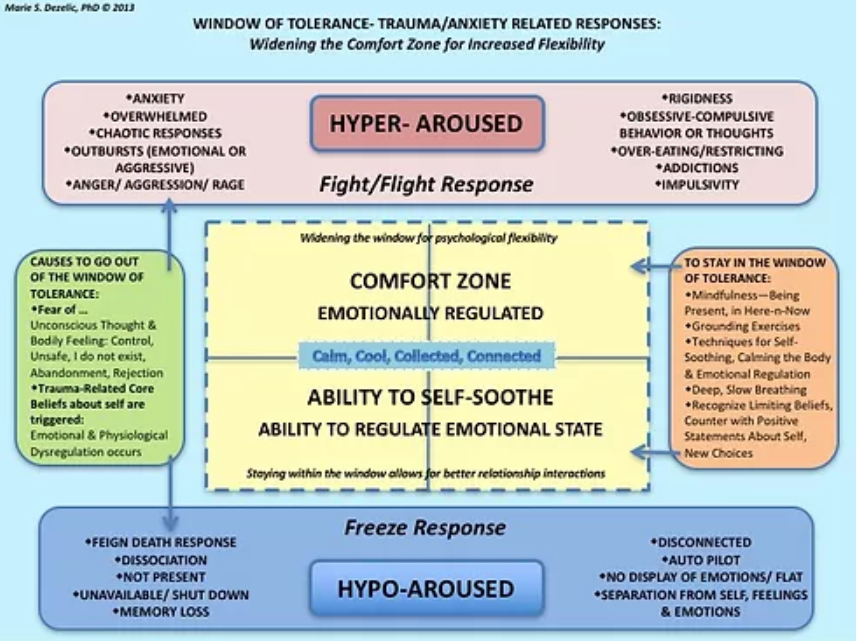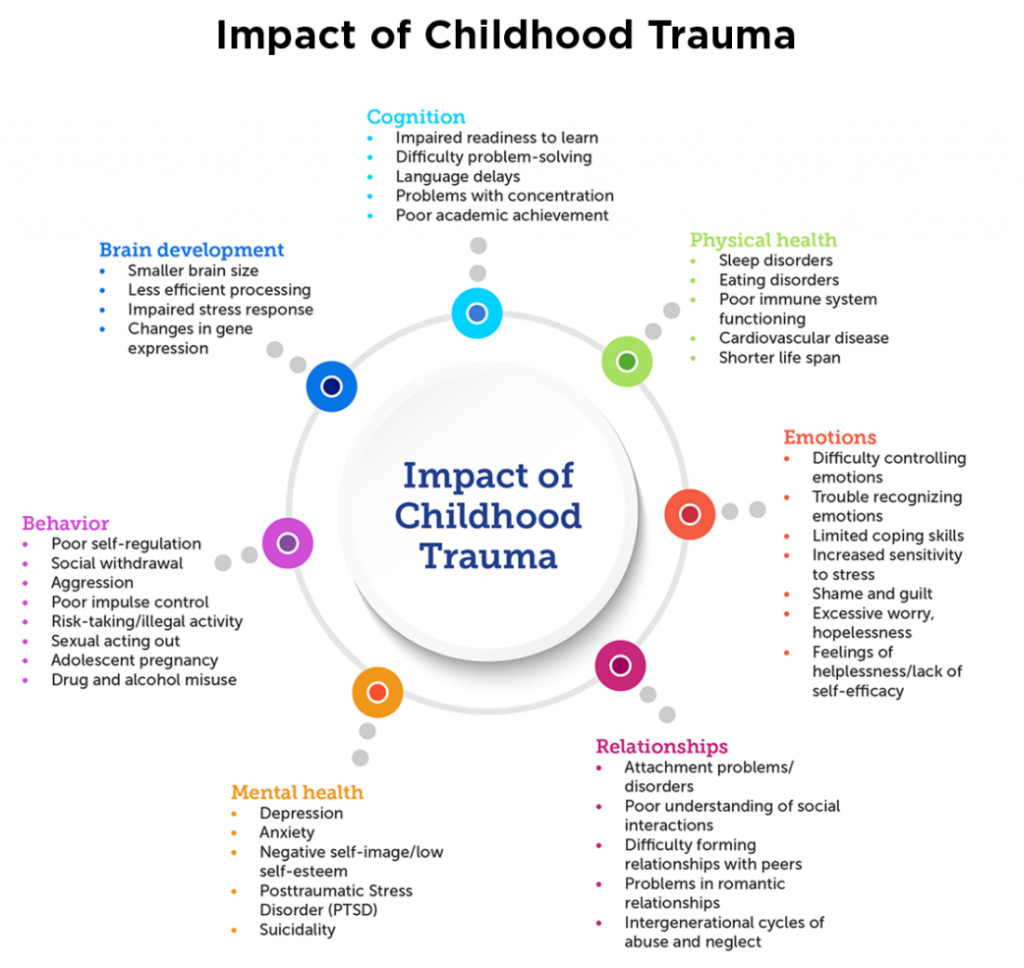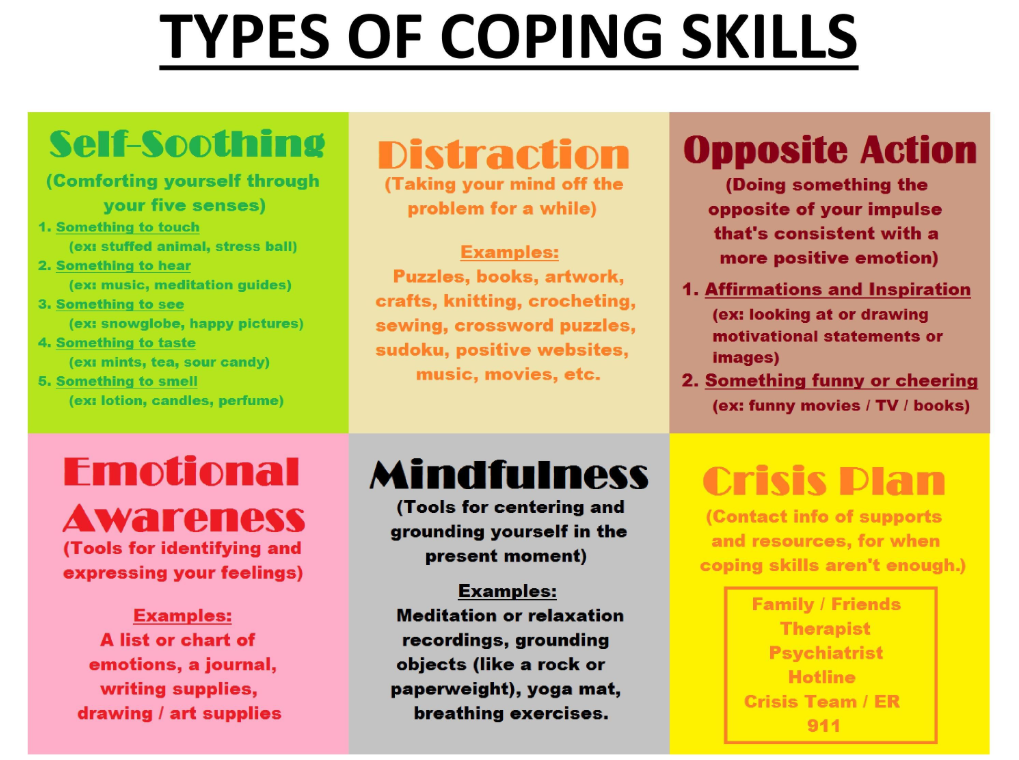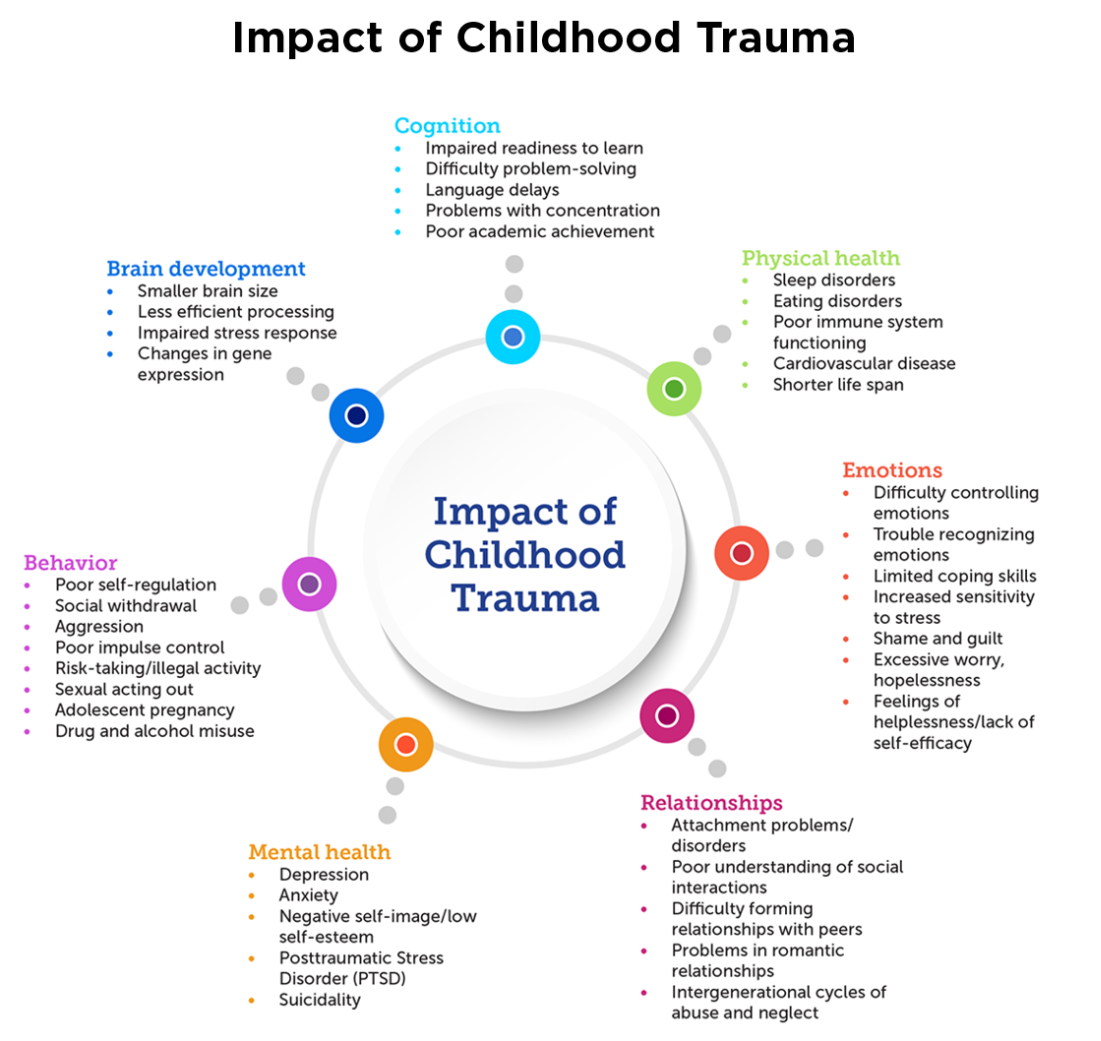This one-liner gets repeated over and over in the rooms of recovery. In order to dive deeper into it, I compiled a little research below. Yes, it really helps me connect the dots. I can put the puzzle pieces together by laying out childhood traumas one by one. Identifying each of them, no matter big or small, will help me put an emotion or a name to what I felt or was trying to suppress. If I can give them names, like abandonment, love, neglect, lonely, then I can work to stop the cycle in today’s world.
Trauma, including adverse childhood experiences, is a major cause of substance abuse. Trauma can be defined differently for everyone, and the presence of trauma can at times lead toward addiction. Trauma and addiction are often co-occurring disorders, and need to be treated as such. Long-term care is often the best option for treating both symptoms and causes.
https://www.altamirarecovery.com/blog/does-trauma-cause-addiction-understanding-the-link-between-trauma-and-substance-abuse/
The first, and most obvious, explanation is that people who undergo a traumatic experience turn to alcohol and other substances to forget what happened and to get away from the horrible memories in their mind. But the thing is, those horrors aren’t imaginary, and they aren’t strictly memories, either.
Trauma, which can manifest itself as PTSD, alters the chemicals in a person’s brain so that, neurologically, they are reliving the moment. Using substances to alter this isn’t just trying to forget; it is a destructively logical way to get away from what happened.
Not why addiction, but why the pain? – Dr. Gabor Maté
What Dr. Maté—a leader in addiction medicine and world-renowned author and speaker—is saying, is something we’ve long known to be true about trauma and addiction, and yet the field of addiction treatment still lags behind the research (links to 6 studies at bottom of page): addiction is usually a symptom of underlying trauma, or mental health issues that are the manifestation of trauma. Dr. Maté uses the word ‘pain’ to refer to trauma and other underlying issues, whether it’s past sexual or physical abuse, the pain of not being able to control one’s thoughts and emotions, loss and grief, physical pain or whatever is causing the unpleasant feelings. https://roots-recovery.com/the-direct-link-between-trauma-and-addiction/

Living in fear. Terrified no one will come, yet terrified someone will. No relief, just fear and dread. No sense of control and a profound sense of isolation. This can be the experience of a person with a traumatic story.
The daily struggle to keep trauma-related memories locked down and out of mind is exhausting. Over time, a person can develop skills to cope. Even after years, though, on a bad day, those coping skills are overwhelmed and the traumatic memories surface. A bad day can come on because of something as simple as feeling fatigued or overly busy, trying to meet unrealistic expectations, or having an argument with family or friends. These all cause stress and when stressed, our defenses weaken. Traumatic memories can also surface when a person is relaxed or happy, even asleep — times when our self-protective barriers are lower.
If the trauma occurred during childhood, which is the case for many people struggling with addiction, often they did not get the services they needed at the time, and likely they had no advocate. The harmful effects of prolonged and repeated experiences of abuse, abandonment, molestation and chronic neglect run deep. What makes these experiences traumatic is the lack of a safe adult to count on for help or comfort.
It is not just that something very bad and frightening happened, but that the relationships surrounding the event failed to provide any protection. Too often, the adult whom the child had to count on for basic needs is also the source of terror and dread. When the hand that rocks the cradle is also the hand that hurts, the experience becomes traumatic for the child.
Trauma victims feel isolated and vulnerable. They try overly hard to fit in and may make poor choices in an attempt to be accepted. That need to be accepted often includes high-risk behaviors. They feel deep isolation. The “aloneness” experience can last a lifetime and is the exact opposite of what people need in order to find some sort of security and mental health.

Correlation Between Addiction and Trauma
The road between substance abuse and trauma is a two-way path. Trauma increases the risk of developing substance abuse, and substance abuse increases the likelihood of being re-traumatized by engaging in high-risk behavior. It is also true that individuals who are abusing drugs or alcohol are less able to cope with traumatic events. https://imprintnews.org/child-trauma-2/when-trauma-slips-into-addiction/32462


